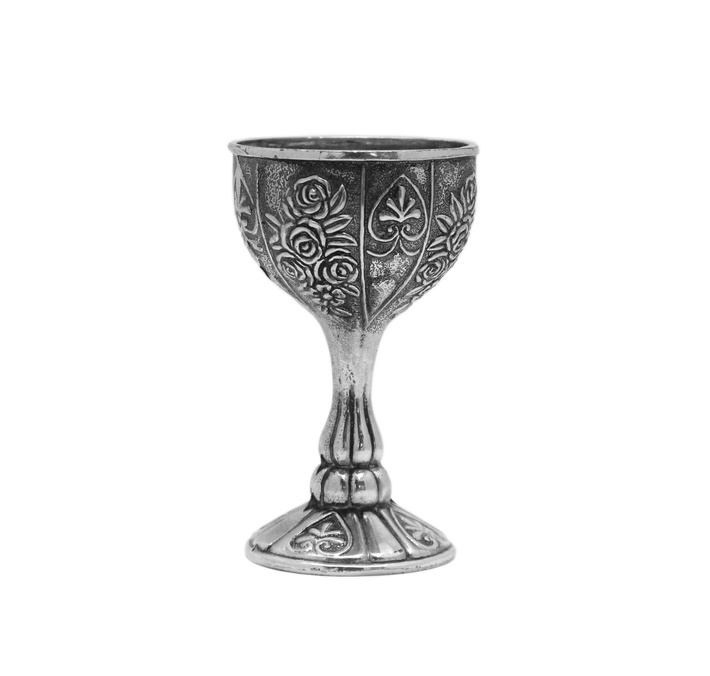 If you've inherited some family heirlooms or have accumulated some fine silver you never really use, you might consider finding some reputable antique or silver dealers to take these items off your hands and to help you potentially turn a profit. However, despite the fact that silver and gold alloys are the two precious metals most commonly used in jewelry, most people don't know a whole lot about the value of these materials or how to go about selling silver or other antiques. Before you decide where to sell silver, gold, or other valuables, you'll need to focus on the following tips. These tips will allow you to have the best experience possible when you work with silver dealers and other proprietors who buy antiques.
If you've inherited some family heirlooms or have accumulated some fine silver you never really use, you might consider finding some reputable antique or silver dealers to take these items off your hands and to help you potentially turn a profit. However, despite the fact that silver and gold alloys are the two precious metals most commonly used in jewelry, most people don't know a whole lot about the value of these materials or how to go about selling silver or other antiques. Before you decide where to sell silver, gold, or other valuables, you'll need to focus on the following tips. These tips will allow you to have the best experience possible when you work with silver dealers and other proprietors who buy antiques.
- Do Your Research: A lot of people assume they can just walk into the shops owned by antique silver buyers and find out how much their pieces are worth right then and there. But silver dealers won't always appraise your pieces -- and they may not be inclined to do so for free. If you don't know anything going in, you might not learn much more by the time you leave. In some scenarios, you might lose out on a potential profit because you simply don't know enough about the piece to dispute its value. It's generally a good idea to conduct some research on your own to get a better idea of the piece's rarity and its worth. Some people will have their items evaluated by professional appraisers. At the very least, you should be able to walk in the door with a price in mind as a good starting point.
- Prepare to Negotiate: Like we mentioned, it's an excellent idea to have a place to start with your asking price. Otherwise, you could be taken advantage of without realizing it or insult your silver dealers by asking a price that's way above market value. That said, you should know going in that you may not fetch that asking price. Know what you're willing to take in the end and don't shy away from negotiation. This can take some practice and some guts, but it's a necessary part of the process. Remember that if you have any sentimental value attached to the item, you'll probably think it's worth more than the dealer does (particularly if they don't have the market for the item). Reputable dealers won't try to cheat you, but it's essential to remember they're running a business, too. They'll probably extend you a counteroffer, which will put negotiations into motion.
- Finalize Your Decision: Before you ever talk to any local silver dealers, you'll need to ask yourself whether you're actually willing to part with this item. If it's something that's been in your family for generations or that brings back fond memories, it may not be as easy as you think to part with it. You'll need to be absolutely sure that you're ready to let it go before you start negotiating. You probably won't have the luxury of changing your mind after you sell this piece; even if a dealer agrees to sell it back to you, it'll likely be for quite a bit more than you made by selling it. Only agree to sell it to a dealer if you're 100% certain that you're content with this decision and that you will have no regrets.
Working with an antique dealer or silver buyer can be an excellent way to make a bit of extra income and rid your home of items you simply have no use for. We hope these tips will help to prepare you for this experience and will allow you to get the most out of it. For more information, please contact us today.


